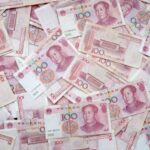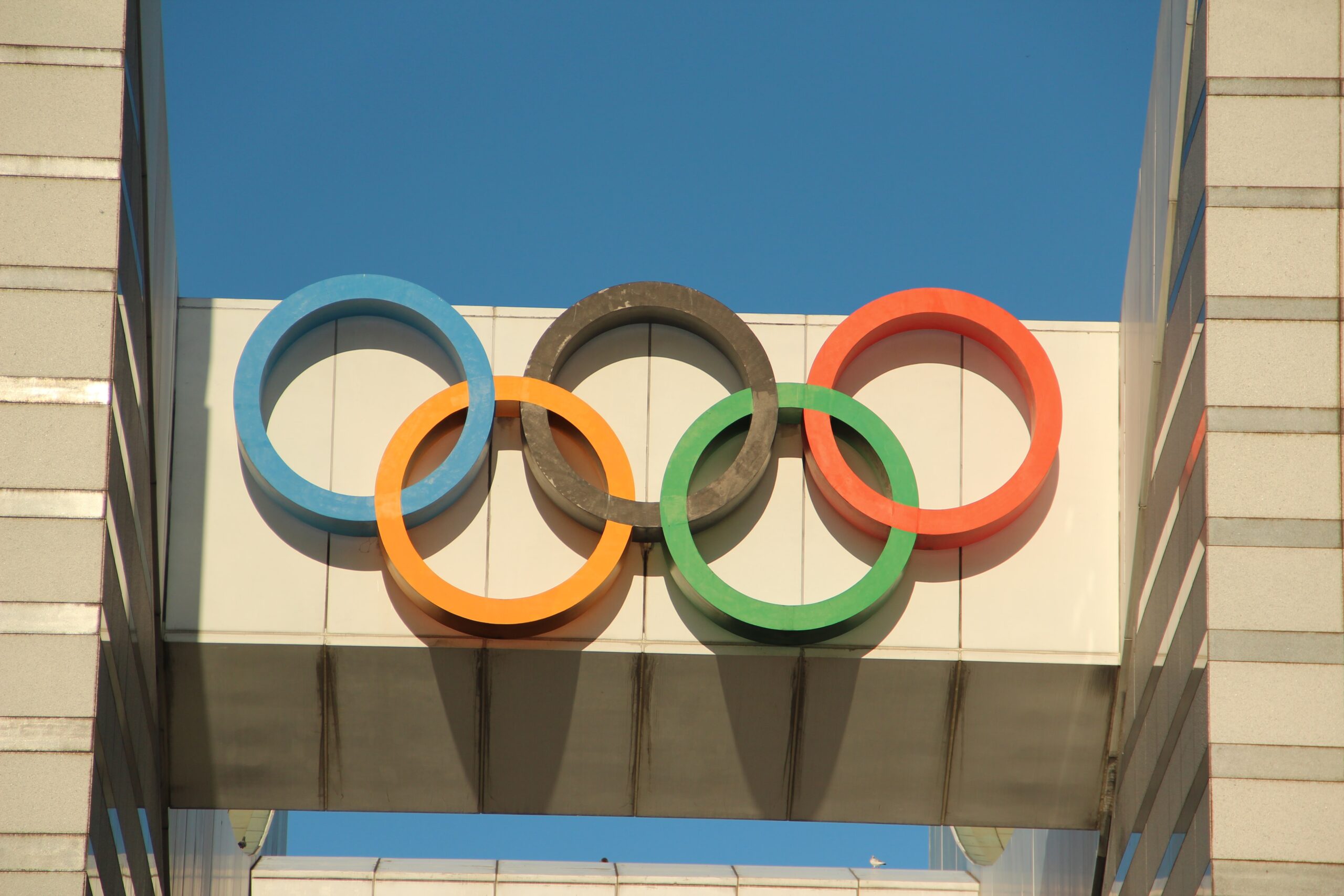Expected economic boom now a distant memory as controversial games due to start
It should have been a moment of glory for Japan, as is normal for the host country of the Olympic games. Instead, it has become an economic tragedy that Japan’s populace wishes wasn’t happening.
Japan’s biggest company, Toyota, is one of thirteen companies that are Global Olympic sponsors. Toyota signed the landmark deal in 2015, establishing it as a worldwide sponsor.
Now, the company has announced that it won’t be running any ads in Japan that are connected to the Olympics. This action speaks louder than words about how disgruntled the Japanese are regarding the games taking place.
Originally scheduled to take place in 2020, the date was put back a year as the world reeled from the global pandemic. Now many prominent voices in the country are questioning the logic of opening the games this year, especially with a Covid-19 state of emergency in place in Tokyo.
The result is that spectators are banned and stadiums and venues that were built or refurbished at a cost of $7 billion will be largely empty.
Japan hoped the Olympics would show the country is still an economic force, despite its maturing economy being eclipsed by China. They were also seen as a showcase that proved the country had rebounded from the devastating earthquake and tsunami of 2011. Instead, the games have generated a resentment that has the country’s Prime minister in danger of losing his job.
In response, Prime Minister Yoshihide Suga has expressed confidence that the measures taken would prevent the spread of the disease and the worldwide TV audience would still provide a huge benefit to the country.
In an interview, Mr. Suga said – “I decided that the Olympics can go ahead without compromising the safety of the Japanese people. The simplest thing and the easiest thing is to quit, but the government’s job is to tackle challenges.”
The delayed Olympics have been dubbed “Olympics-for-TV” that will offer little financial benefit to the country. Amongst the sectors that had been expecting a windfall from the games is the travel industry.
KNT-Ct Holdings Co., which owns one of the country’s largest travel agencies had organized travel packages to cater to the Olympics. The company said – “It is very unfortunate that we cannot provide tours to our clients who had been looking forward to the Games.”
The decision to postpone the games was taken in March 2020 by the Japanese Government and the IOC. It was seen as a gamble that relied on the fact that the pandemic would be contained by this summer. Unfortunately for Japan, the gamble has backfired. The more contagious Delta variant of the virus has seen infections rising around the world and Tokyo is one of the cities that has seen rising rates in recent weeks.
Many in Japan are asking whether it is prudent to have 50,000 people from around the world entering the country under such circumstances. These fears would appear to be justified, as infections have already been reported amongst every group involved in the games. Athletes, coaches, and games officials all have recorded positive tests and this number is expected to grow exponentially.
The fear is now that instead of being remembered as a showcase for Japan and a stage for the world’s finest athletes, the Olympics will instead be remembered as a super-spreader event that will leave Japan with a long road to recovery.
















